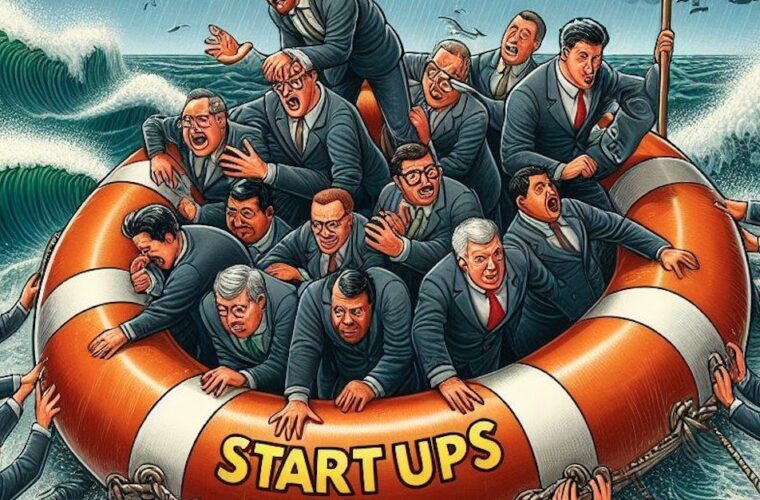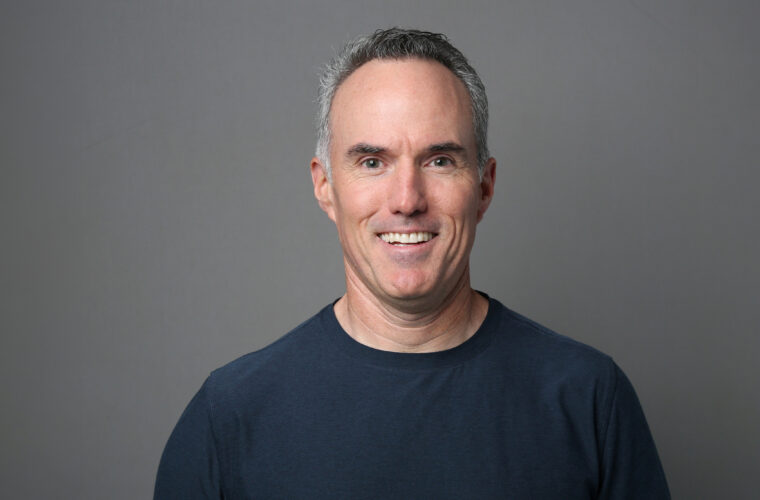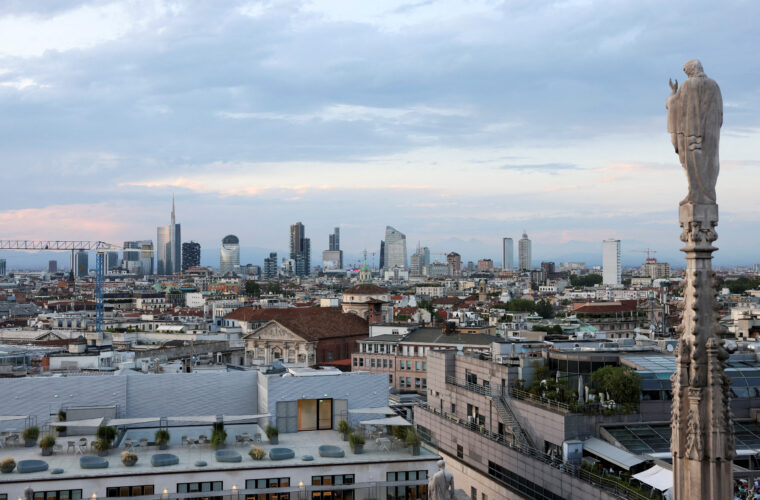In a region currently consumed by conflict and authoritarianism, Eastern Europe has dominated the news recently in a mostly negative context. However, there have been some surprisingly positive developments in the past few years, which have specifically appealed to tech investors and entrepreneurs alike.
Many tech Unicorns, as well as Decacorns (privately held firms that exceed $ 10 billion), have been started in Eastern Europe and, after initial success, have boomed in Western Europe as well. Joanna Nagadowska, venture capital partnerships manager at Google for Startups, has said, “[t]he CEE region today is not an overnight success. It was built on a generation of entrepreneurs who know how to start and scale successful businesses”. Nagadowski and other economists also commented on how remarkable it was that these startups kept making money and growing even throughout the recent COVID-19 Pandemic. This emphasizes their resilience and organization skills.
Tech companies and startups from the Eastern European region are valued at around 186 billion Euros, approximately 19 times more than in 2010. In 2021, startups raised over 4 billion euros in funding from global sources, and if this trend continues at this pace, more venture capitalists will want a piece of the pie. Because of this awareness, Eastern Europe has become a booming startup hub, giving confidence to otherwise cautious investors. The fact that recent regional conflicts have not affected this startup environment more amazingly provides even more confidence.
The region has now created 34 unicorns, which is an increase of 6 since 2015. Poland is leading the way with 8, Estonia with 6, and the Czech Republic and Ukraine with 4 each. The combined value of young startups has also grown a lot, to about 21 billion euros. Some companies to highlight are UiPath in Romania, InPost in Poland, GitLab in Ukraine, and others such as Wise, Skype, Bolt, and now even Vinted. These are all well-known names on the global stage and are growing daily.
The surprising leader, Estonia, one of the smallest countries in Europe, has more startups per capita than any other country in Europe. It has also raised the most amount of money so far. So why is this the case? Estonia has one crucial ingredient: their income tax on retained or reinvested profits is 0%, making Estonia especially attractive for startups. 95% of taxes can be declared online, with an average of three minutes per tax declaration. Estonia has simplified the founding and opening of a business by running the e-citizenship programme, calling it “the new digital nation.”
This programme is the first of its kind in the world, and it offers a government-issued digital identity and status, which provides access to Estonia’s transparent business environment. Any entrepreneur from anywhere in the world can start an EU-based company and be able to manage that business from anywhere, entirely online. By starting a company in the EU, you receive many benefits like accessing the single market and being able the cut down bureaucracy.
Sadly, as the conflict between Ukraine and Russia continues, it is essential to look at how these two countries specifically have contributed to the Eastern European startup boom. Grammarly was born in Kyiv in 2009, has been valued at 13 Billion USD, and has raised over 200 million dollars in Silicon Valley. Gitlab, also launched in Ukraine in 2011, has landed on the Nasdaq with a value of 11 million USD. InDriver, a ride-hailing app, was founded in Siberia with a value of 1.23 billion dollars. So regardless of the conflict, it seems that business is still booming in this sector in Russia and Ukraine; however, we have yet to see the long-term impacts.
Overall, the impact of the Eastern European Tech Unicorn and Decacorn industries has been significant. The past has shown us the potential for this region and its entrepreneurs. It will be a challenge for the global community, and in particular the Eastern European community, to continue this trend.






